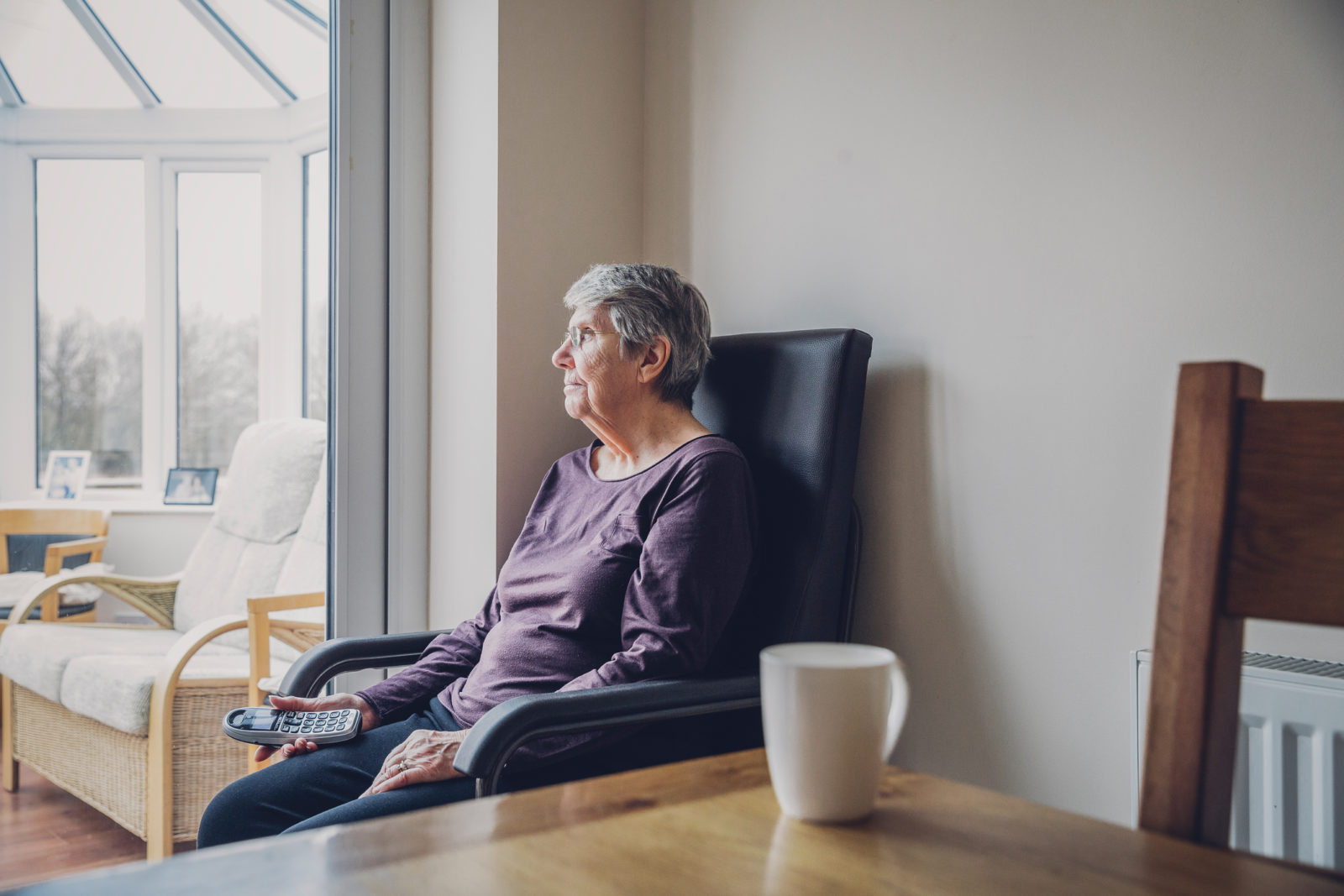Social Isolation Is a Dangerous Health Risk

As most of us know, age is a risk factor for many diseases. The longer we live, the greater our chance of having more health challenges. One of the greatest threats to a healthy and enjoyable life is often overlooked – social isolation.
The older we get, the greater our risk of becoming isolated. We may no longer go to a job. Our spouse and many of our friends may have passed away. According to a study conducted by geriatricians and the University of California, San Francisco, 43 percent of seniors report feeling lonely at least some of the time.
Loneliness can have a major negative impact on health. According to a study conducted at Brigham Young University, “the effect of [social isolation and loneliness] is comparable to obesity.” Lead study author Julianne Holt-Lunstad emphasizes that “we need to start taking our social relationships more seriously.” A study published in the Proceedings of the National Academy of Sciences showed that a lack of social contact increased one’s risk of early death. Several studies have shown that people who are more social get sick less and have healthier minds. A study from the Rush University Memory and Aging Project concluded that a higher level of social engagement in old age is associated with better cognitive function.
One of the advantages of living in a senior community is that there are always activities one can participate in as well as scores of other residents to engage with. But even in a community setting, people can still feel lonely. So what can those at the highest risk of loneliness to do become more engaged? Here are some tips to help you get started.
Join a support or social group
There are thousands of groups across the country that get together for the purpose of providing support and camaraderie. Whether you’ve recently lost a spouse or loved one, have cancer, or simply like to have coffee with friends, there’s probably a group in your area. Check out Meetup to find a group of interest near you. If you can’t find what you’re looking for, head to your local senior center.
Volunteer
Volunteering for a cause you believe in not only introduces you to new people, it provides people with a sense of purpose. If you’re not sure how to start, visit volunteer.gov and look for opportunities in your area. Or find a local senior living community and offer your services, which could as simple as spending time with another human being.
Go online
If physical limitations make it difficult for you to leave home to connect with other people, do the next best thing – spend time with them online! A study conducted by University of Exeter researchers concluded that adults aged 60 to 95 who received computer equipment and training “had heightened feelings of self-competence, engaged more in social activity, had a stronger sense of personal identity, and showed improved cognitive capacity.”
Meditate
We’ve discussed the benefits of meditation before. While meditating doesn’t necessarily increase the possibility for socializing with others (unless you join a mindfulness group), it can ease the negative health effects of loneliness. A study conducted by Carnegie Mellon University showed that eight weeks of the mindfulness meditation training decreased participants’ loneliness.
Make socializing a priority
Now that you know the importance of socializing, it needs to be something you actively pursue. Just like any health routine, it’s something you need to plan for and follow through on. Don’t wait until you hear from someone about getting together – make that connection yourself! Put “getting together with friends” at the top of your to-do list every day.
![Charlesgate [logo]](https://www.charlesgate.net/wp-content/uploads/sites/218/2016/12/logo-new.png)